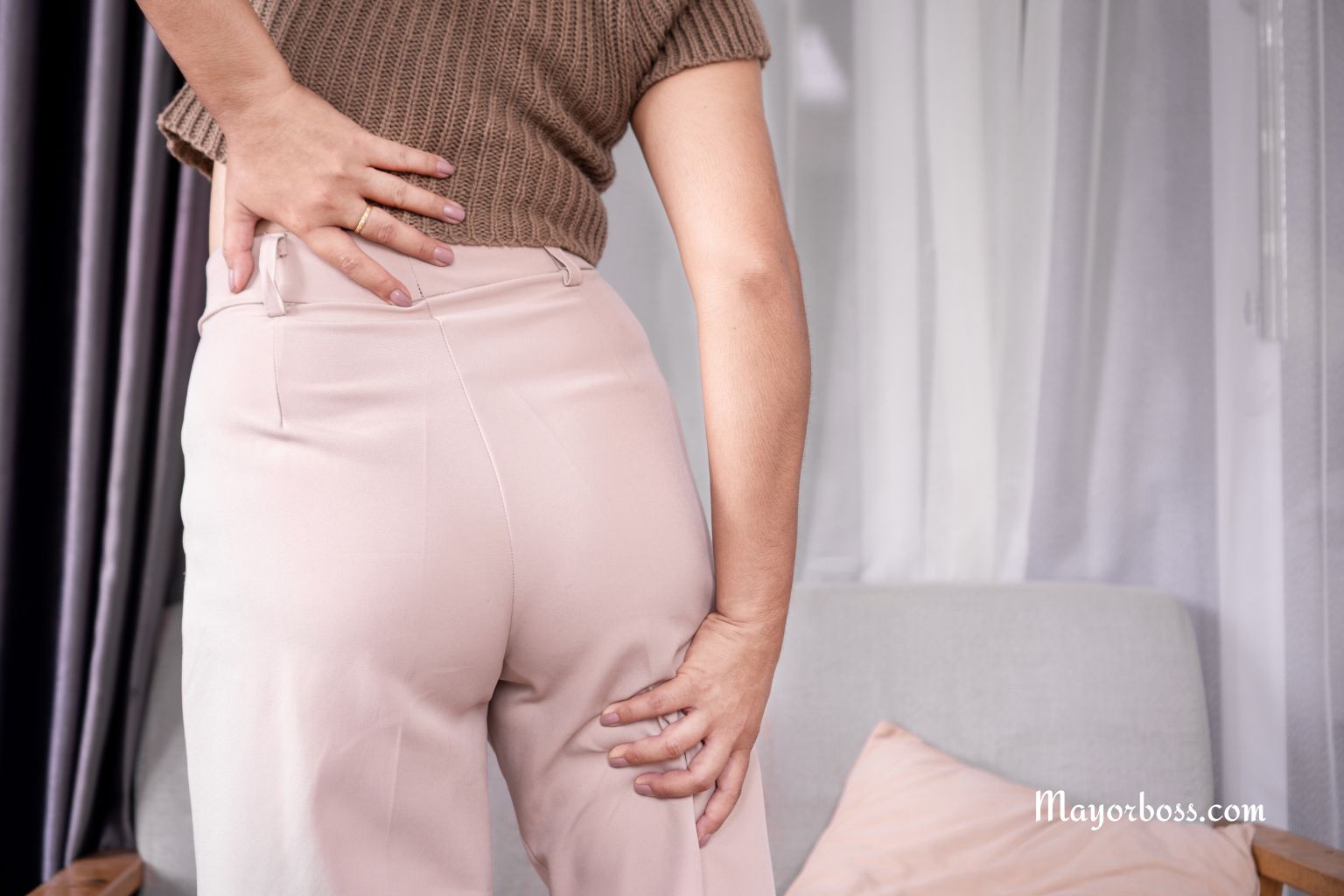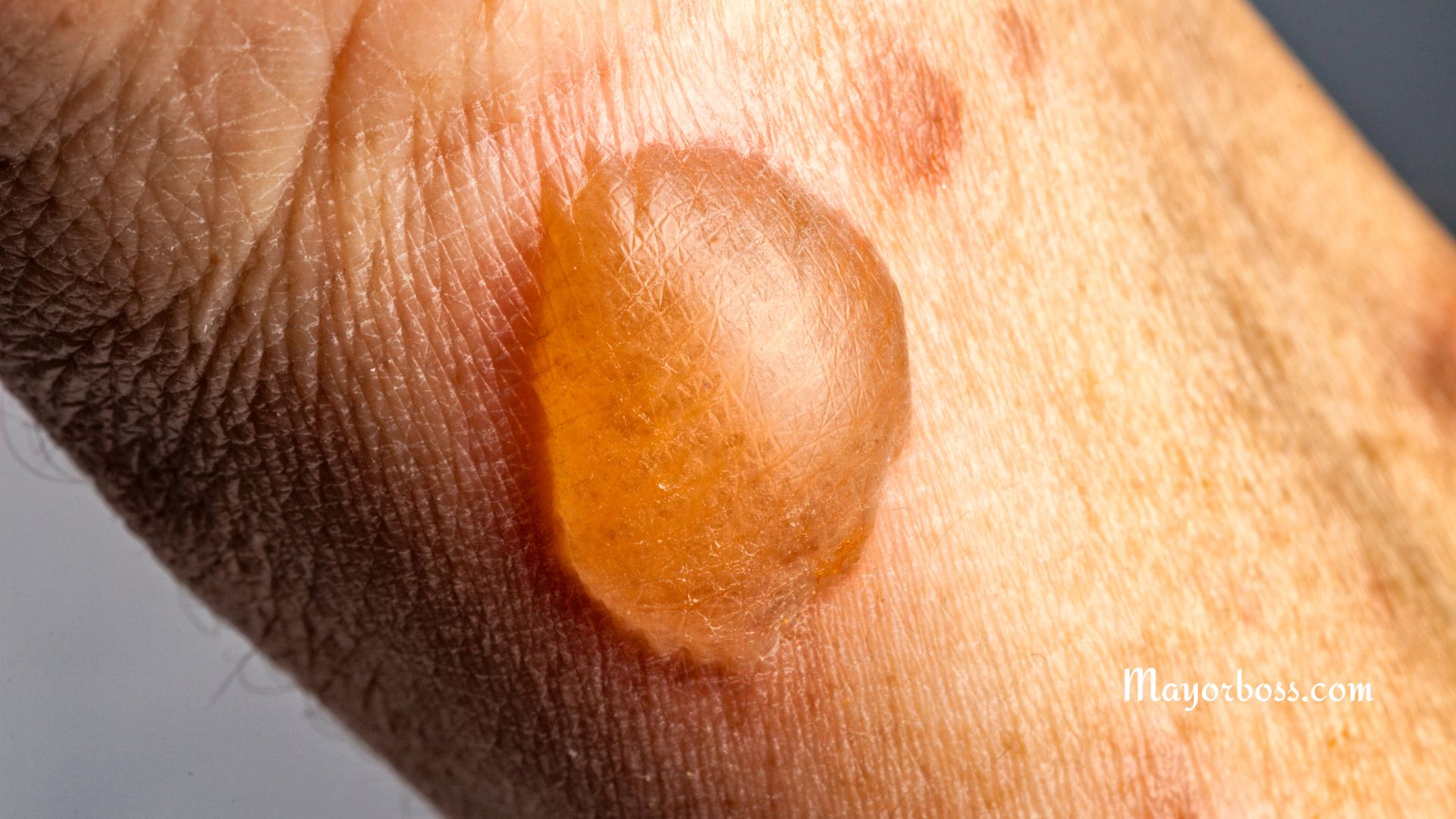10 Possible Reasons Why You Have Anal Itching (Pruritus Ani)
It’s the kind of discomfort you usually keep to yourself: anal itching or pruritus ani. You might find it embarrassing to discuss, even with your healthcare provider. Yet, it’s important to realize that many of us experience this uncomfortable situation from time to time. “It’s a common problem that patients often hesitate to talk about,” says general practitioner Dr. Anita Iroko.
There’s no need to suffer in silence. Today, we’re discussing about ten possible reasons why you might be experiencing anal itching. And remember, it’s always crucial to consult your doctor if you’re dealing with persistent discomfort.
Why You Have Anal Itching (Pruritus Ani)
1. Poor Hygiene
First and foremost, one common reason for anal itching could be related to poor hygiene.
“If you’re not thoroughly cleaning the anal area after a bowel movement, residual stool can remain, causing irritation and itchiness,” explains Dr. Iroko.
To avoid this, make sure you’re cleaning yourself properly. However, remember not to overdo it – harsh cleaning can also cause irritation.
2. Excessive Moisture
On the other end of the spectrum, excessive moisture in the anal area can also lead to itching. This could be due to sweat, residual moisture after bathing, or even certain kinds of underwear.
“Try to keep the area dry and clean. If necessary, you can use a soft, clean cloth to gently pat the area dry throughout the day,” suggests Dr. Iroko.
3. Hemorrhoids
Hemorrhoids – swollen blood vessels in your rectum or anus – can cause itching, among other symptoms. You may also notice pain, discomfort, or blood on your toilet paper. If you suspect you have hemorrhoids, it’s time to consult a healthcare provider.
4. Skin Conditions
Various skin conditions, such as eczema, lichen planus, or psoriasis, can cause anal itching. These conditions cause dry, itchy skin and can affect any area of the body, including the anus.
5. Certain Foods and Beverages
Surprisingly, what you eat or drink can cause anal itching. Spicy foods, citrus fruits, coffee, and alcoholic beverages can sometimes lead to this discomfort.
“Keep a food diary if you notice a correlation between certain foods or beverages and your symptoms. It can help identify potential triggers,” Dr. Iroko advises.
6. Allergic Reaction
An allergic reaction to certain products, such as toilet paper, soap, or even laundry detergent, can cause anal itching. If you’ve recently switched to a new product and noticed symptoms, it could be the culprit.
7. Infections
Infections, both bacterial and fungal, can cause anal itching. Yeast infections are a common cause, especially in warmer, moist areas of the body.
8. Parasites
Pinworms are a common cause of anal itching, especially in children. These small, white, thread-like worms lay eggs in the area around the anus, causing itching, particularly at night.
9. Anal Fissures
Anal fissures – tiny tears in the lining of the anus – can cause itching, as well as pain and bleeding during bowel movements. If you’re experiencing these symptoms, it’s important to see a doctor.
10. Other Medical Conditions
Other medical conditions, such as diabetes, iron deficiency anemia, kidney failure, or liver disease, can cause anal itching. “If you have a persistent itch that you can’t attribute to any other cause, it’s a good idea to get checked out,” Dr. Iroko recommends.
So, how can you soothe anal itching?
If anal itching is causing you discomfort, there are a few things you can do to soothe the area. Dr. Iroko suggests the following strategies:
- Maintain good hygiene: Clean the anal area gently after every bowel movement using mild soap and warm water. Pat dry the area rather than rubbing it.
- Use topical creams and ointments: Over-the-counter creams or ointments, which often contain hydrocortisone, can help relieve itching. However, use as recommended by a pharmacist or doctor.
- Change your diet: If certain foods or drinks seem to trigger the itching, try to eliminate them from your diet.
- Wear cotton underwear: Cotton is breathable and gentle on the skin, which can help reduce irritation and moisture.
- Avoid scratching: This might sound easier said than done, but scratching can worsen the itch and even lead to infections.
When should you seek medical help?
Experiencing an occasional itch is normal and nothing to fret over. However, if you notice that the itching is persistent, worsening, or accompanied by other worrying symptoms, you should seek medical advice.
“While the average person may experience anal itching from time to time due to benign reasons, a significant increase in frequency or severity can signal a more serious issue,” Dr. Iroko explains.
Such symptoms could include:
- Persistent or severe itching or pain.
- Bleeding or change in bowel habits.
- Unexplained weight loss.
- Rashes, blisters, or lumps in the anal area.
If you notice any of these symptoms, don’t hesitate to reach out to a healthcare provider.






